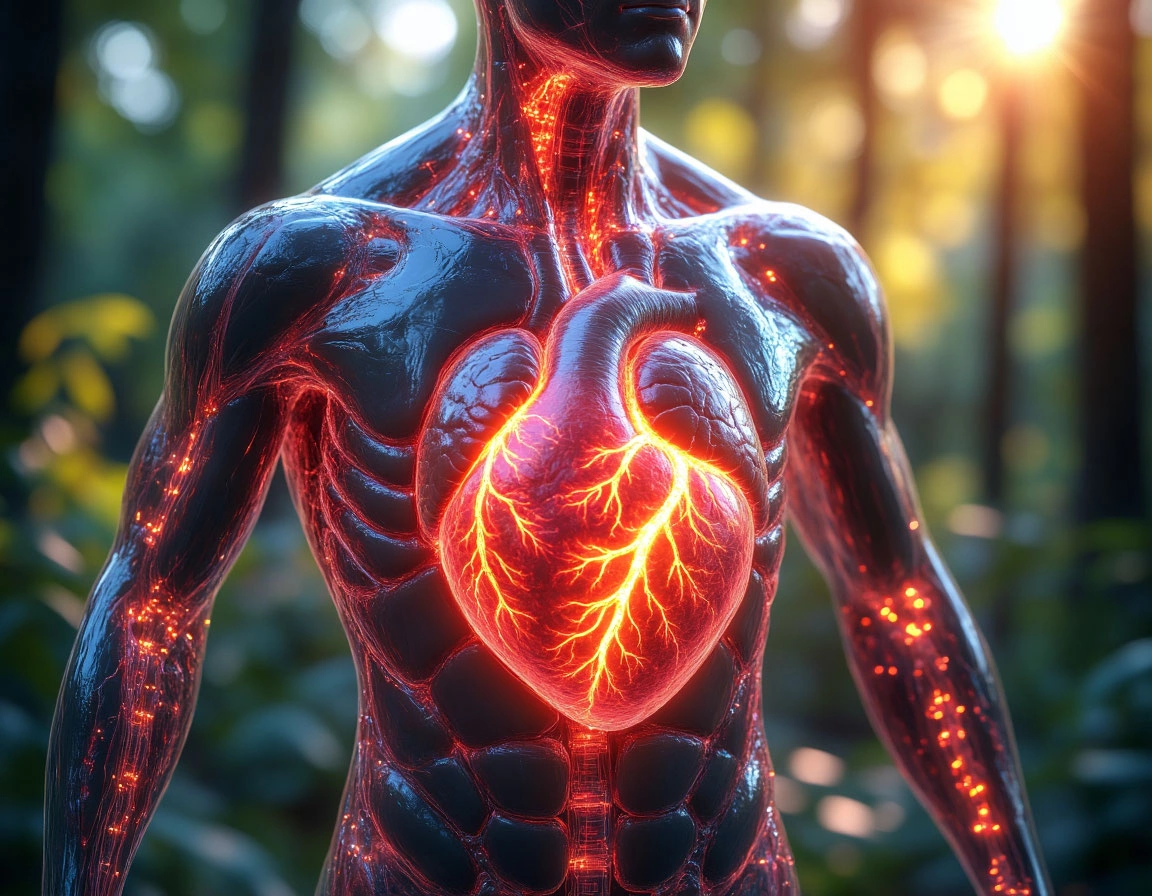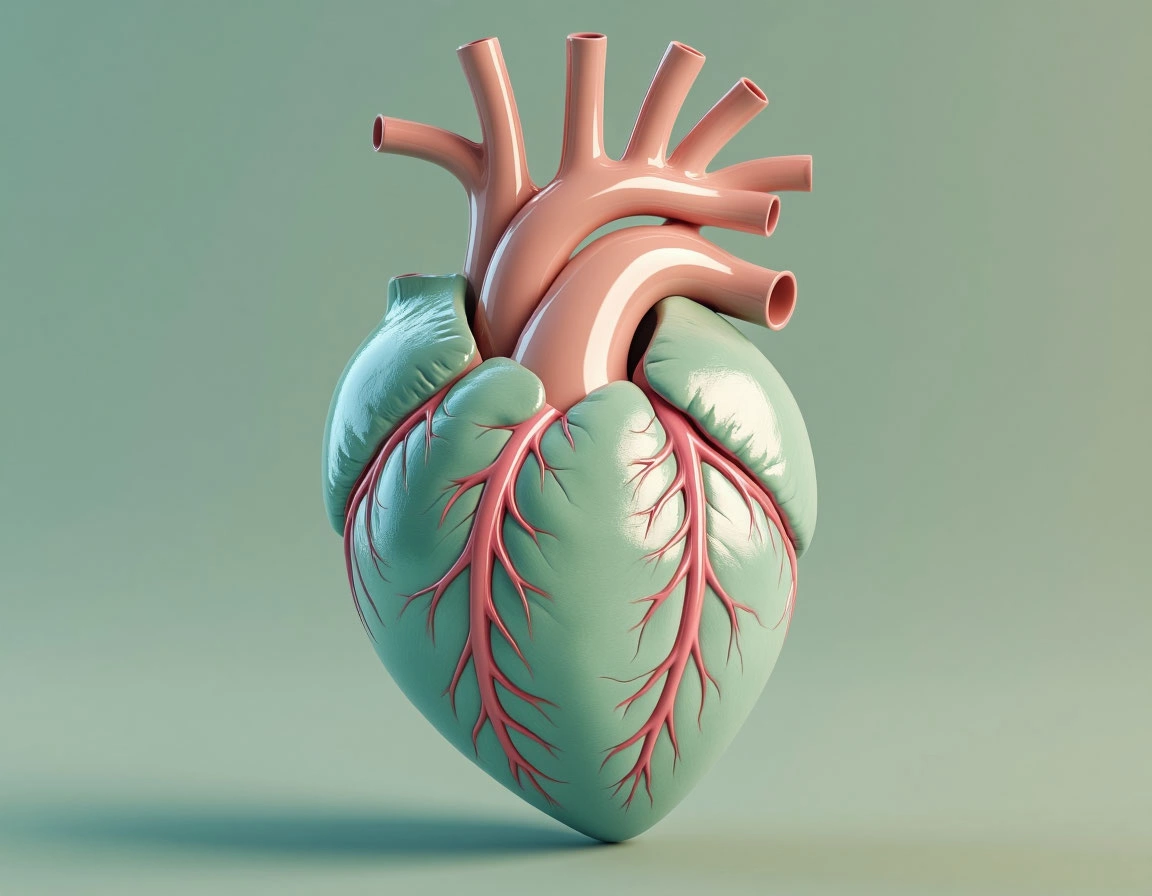❤️ Is Magnesium Essential for Heart Health? Here’s What Science Says
🧪 What Exactly Is Magnesium — and Why Do We Need It?
Magnesium is the fourth most abundant mineral in the human body, participating in over 300 enzymatic reactions. From energy production to muscle contraction and nerve function, magnesium does a lot behind the scenes. It’s also one of the seven essential macrominerals your body needs in relatively large amounts to stay healthy.
But what about your heart — can magnesium help it beat better?

⚡ The Electrolyte That Keeps Your Heart in Rhythm
Magnesium isn’t just any mineral — it’s an electrolyte, like sodium, potassium, and calcium. Electrolytes help generate electrical impulses throughout the body. These impulses allow your nerves to communicate and your muscles — including your heart — to contract and relax properly.
Since the heart is a muscle, it relies on these electrical signals to maintain a steady rhythm. Without sufficient magnesium, those signals can become erratic, potentially contributing to palpitations or irregular heartbeats (arrhythmias).
🫀 How Your Heart Beats — and Where Magnesium Comes In
Your heartbeat starts in the sinoatrial (SA) node, often called the heart’s natural pacemaker. This area sends out an electrical pulse that tells the heart to contract — first the upper chambers (atria), then the lower ones (ventricles).
Between these two sets of chambers lies the atrioventricular (AV) node — think of it as a traffic controller or conductor. It ensures signals reach the ventricles at the right time, allowing blood to be pumped effectively.
Magnesium plays a critical role in managing the timing and flow of these signals. It stabilizes cell membranes and ensures the correct movement of calcium and potassium — both essential for heart contractions.

🩺 Proven Benefits of Magnesium for Heart Health
Here’s how magnesium supports your cardiovascular system:
- Regulates heartbeat and rhythm
- Supports blood vessel flexibility and blood pressure
- Reduces inflammation, which is linked to heart disease
- May help prevent calcium buildup in arteries
Research has shown that magnesium deficiency is associated with a higher risk of hypertension, atrial fibrillation, and even sudden cardiac death.
🌿 Best Food Sources of Magnesium
Magnesium is widely available in whole, plant-based foods. Some of the richest sources include:
- Dark leafy greens (spinach, kale, Swiss chard)
- Nuts and seeds (almonds, pumpkin seeds, cashews)
- Whole grains (quinoa, brown rice, oats)
- Legumes (black beans, lentils)
- Dark chocolate (yes — in moderation!)
Why are greens so rich in magnesium? Because magnesium is central to chlorophyll, the pigment that gives plants their green color and powers photosynthesis.
💊 Which Type of Magnesium Should You Take?
Not all magnesium supplements are created equal. Here are some common forms and how they relate to heart health:
- Magnesium glycinate – gentle on the stomach, calming effect
- Magnesium citrate – supports digestion, good absorption
- Magnesium taurate – especially beneficial for heart rhythm and blood pressure
- Magnesium orotate – studied for its positive effects on heart failure patients
- Magnesium oxide – common but less bioavailable
For cardiovascular support, magnesium taurate is often recommended due to its targeted effect on heart muscle cells.
⏰ When Is the Best Time to Take Magnesium?
Magnesium can be taken any time of day, but here are a few tips:
- Take it with meals to improve absorption and reduce the chance of stomach upset.
- Many people prefer taking it at night, as it may support relaxation and sleep.
- If you're using it to help with blood pressure or heart rhythm, split doses morning and evening might be ideal.
Always check with your healthcare provider if you’re on medications or managing chronic conditions.
Close